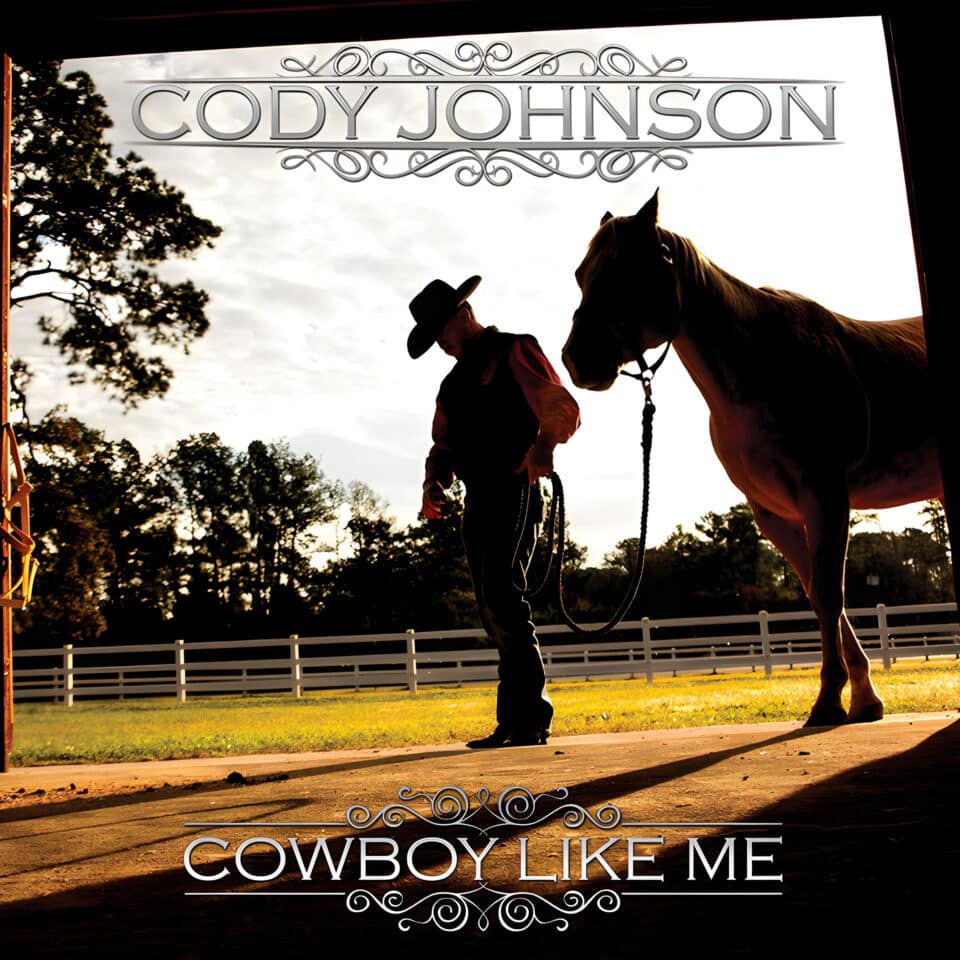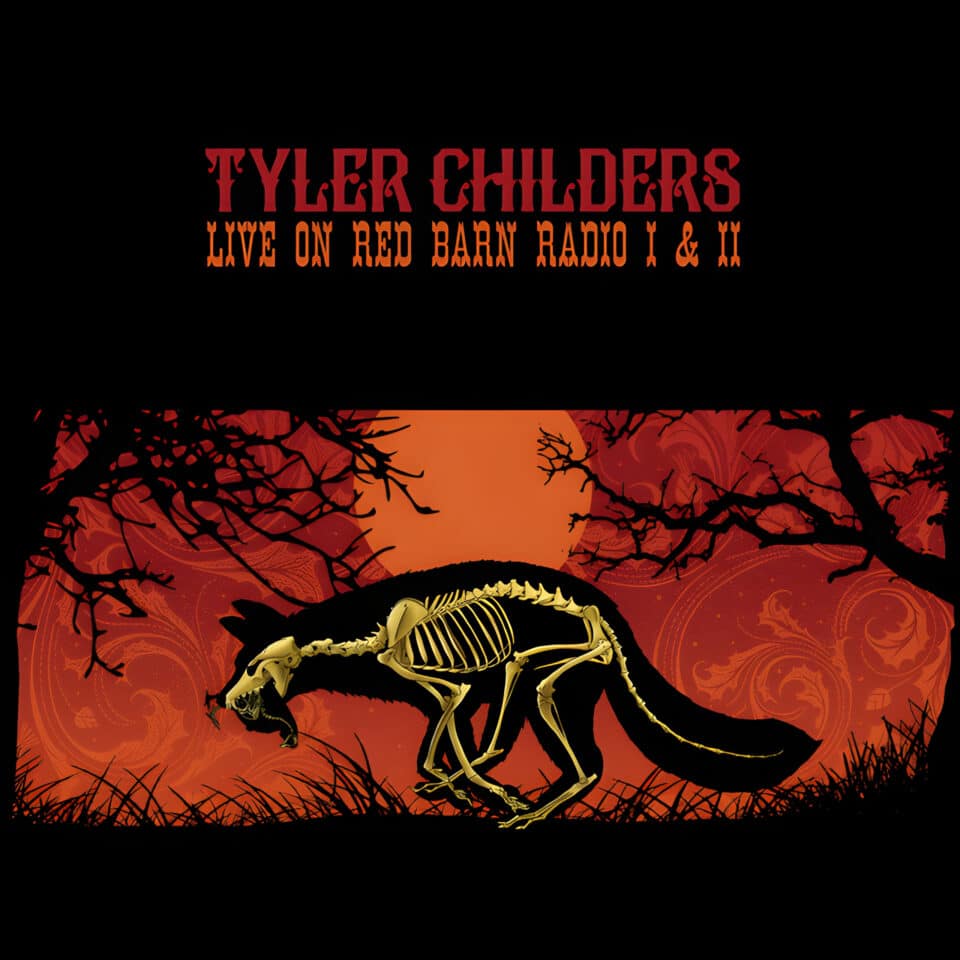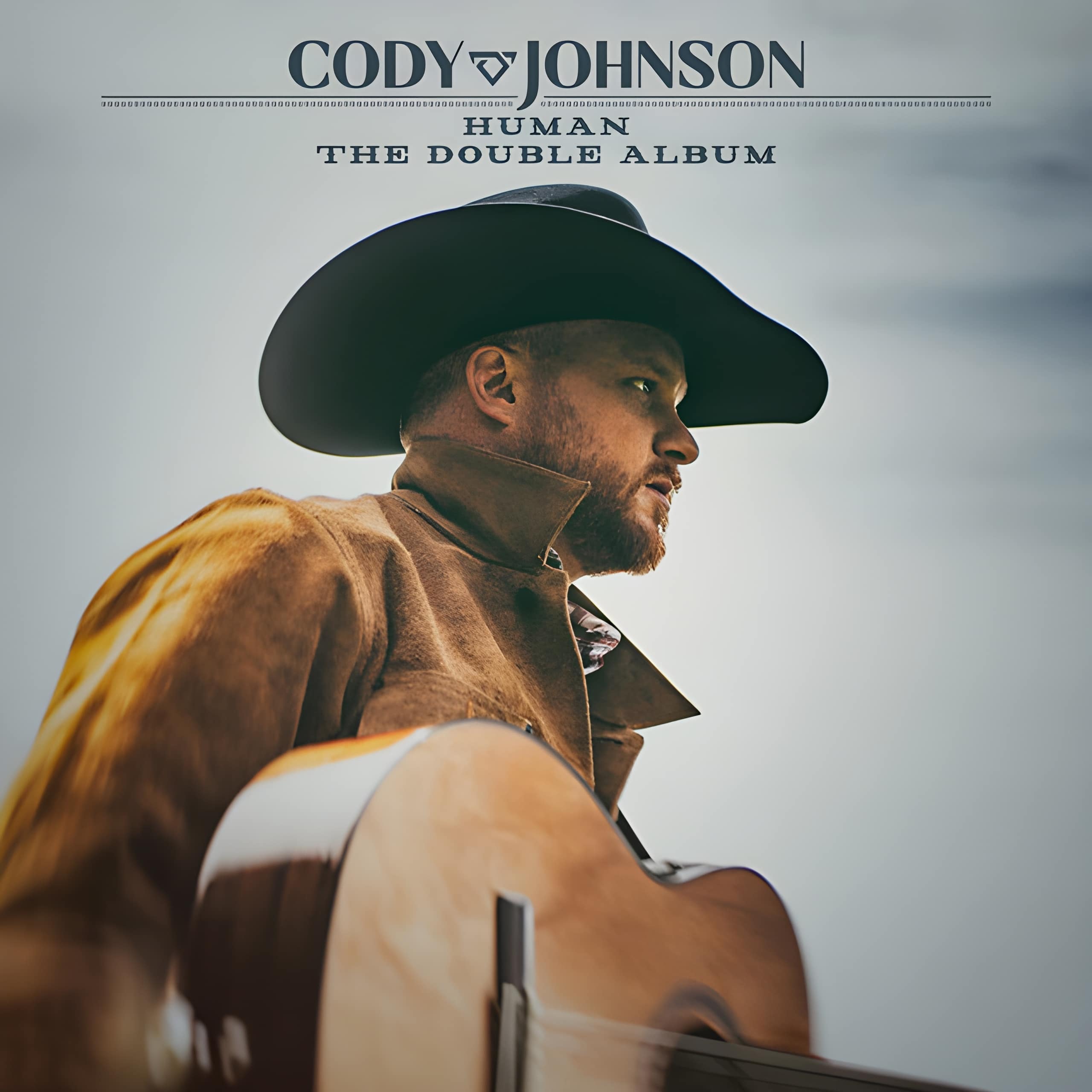Released: 2014
“Me and My Kind” by Cody Johnson dives straight into the heart of a classic country narrative, focusing on love lost and the cultural backdrop of cowboy life. At its core, this song grabs listeners with its raw honesty and Johnson’s stark storytelling, painting a vivid picture of a man realizing that his ex-lover has moved past not just him, but everything he stands for.
The opening lines introduce us to a man seeing his old flame for the first time in a while. He notes changes in her, but the kind that hint at inner strength (“Her hair’s a little longer / But she’s still lookin’ stronger than sin”). This isn’t just about physical appearance; it’s an acknowledgment of her growth post-breakup. When the protagonist stresses “she’s not the kinda girl you think”, he’s warning others—and maybe even himself—about underestimating her resolve. The song quickly makes it clear that this woman is done with the cowboy lifestyle, symbolized by her indifference towards “buckles” and “spurs”, and by extension, the men who wear them.
Cody Johnson cleverly uses traditional country imagery—rodeos, Copenhagen chewing tobacco, and trucks—to signify the lifestyle she’s rejecting. The repeated chorus emphasizes her complete detachment from her past life, “She’s over me and my kind”. It’s not just the personal loss of love that’s highlighted but also the cultural rejection of a lifestyle once shared. The imagery of being “lassoed and let go for the last time” is particularly striking, painting a vivid picture of a woman who’s freed herself from the constraints of her past relationships and, by extension, the cowboy way of life.
What Johnson does so effectively in this song is lead the listener through a narrative of realization and acceptance. The protagonist’s confession (“I guess I ruined it for the rest of us”) speaks to a broader theme of culpability and the acknowledgment that sometimes, our actions have consequences that extend beyond our own immediate losses. The use of colloquial language and classic country motifs doesn’t just tell a story of love lost; it speaks to the evolving nature of individual identity against the backdrop of deeply entrenched cultural traditions. In “Me and My Kind,” Cody Johnson offers a nuanced look at how personal growth often requires shedding old skins, no matter how deeply they’re etched into our being.










